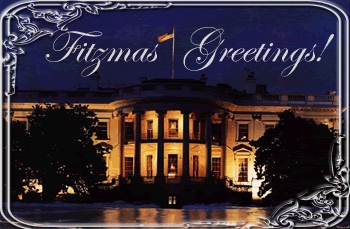meme four you
Four jobs you’ve had in your life: bookseller, brewer, VISTA, launcher of nuclear weapons
Four movies you could watch over and over: Der Himmel über Berlin, Sid & Nancy, From Russia With Love, Monty Python and the Holy Grail
Four places you’ve lived: Denver; Philadelphia; Ulm, Germany; Austin
Four TV shows you love to watch: The Avengers; The Prisoner; Yes, Minister; Twin Peaks
Four places you’ve been on vacation: Budapest, cave diving in the Ardennes, Orkney Islands, Puerto Rico
Four websites you visit daily: Daily Kos, Atrios, First Draft, Bookslut
Four of your favorite foods: tequila chicken soup, sushi, beer, pizza in a cup
Four places you’d rather be: Montréal, Berlin, Vancouver, Tokyo
seen over at firedoglake













